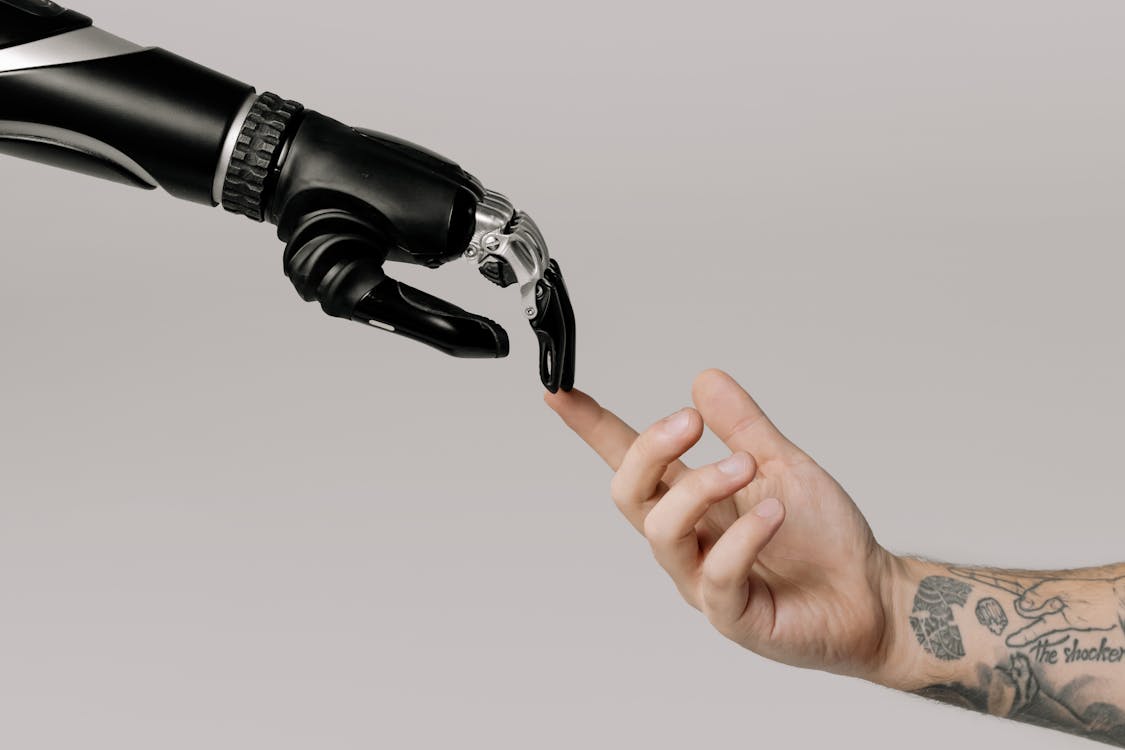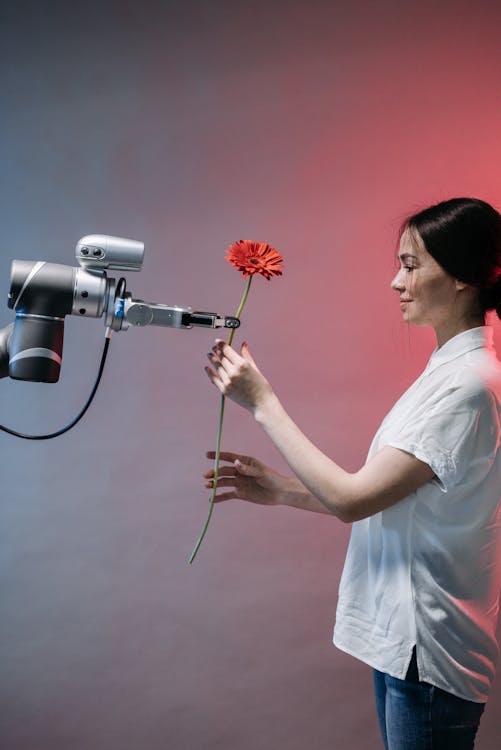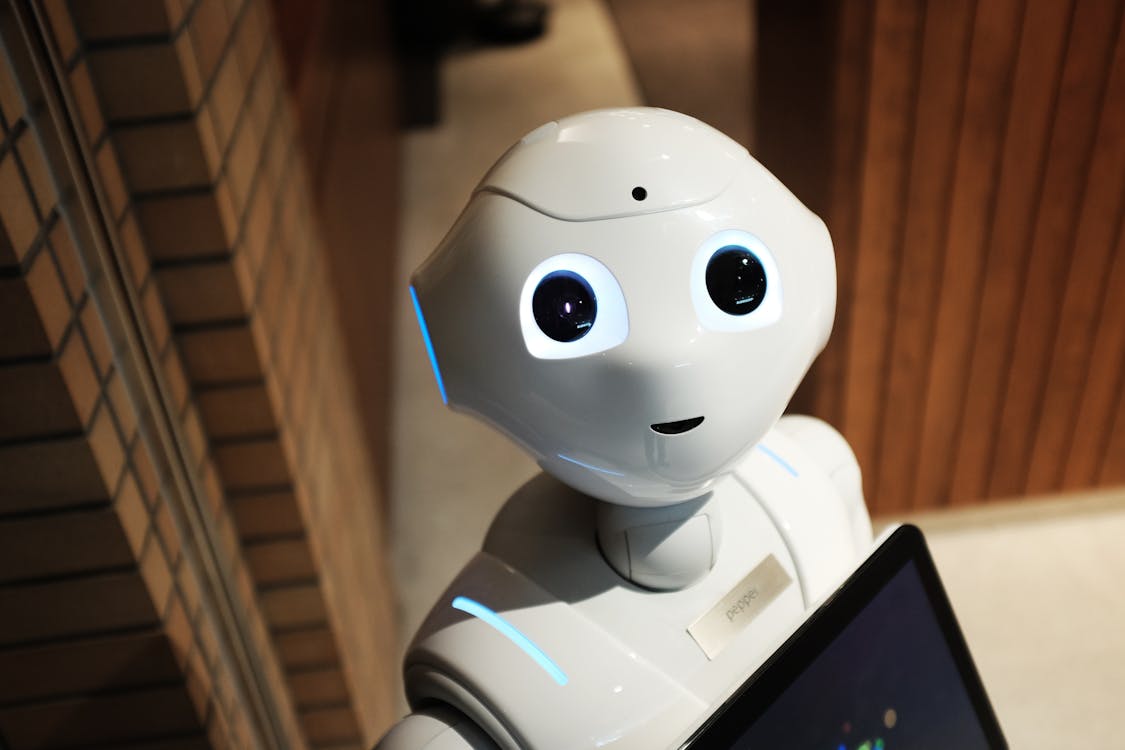Unveiling the Future of Artificial Intelligence and Generative AI: A Glimpse into Tomorrow's Innovations
Unveiling the Future of Artificial Intelligence and Generative AI: A Glimpse into Tomorrow's Innovations
Introduction:
In the ever-evolving landscape of technology, Artificial Intelligence (AI) stands as a beacon of transformative potential, reshaping industries and redefining human-machine interactions. As we peer into the future, it's impossible to ignore the rising tide of Generative AI, a subset of AI that promises groundbreaking advancements in creativity, problem-solving, and beyond. In this blog post, we delve into the future of AI and Generative AI, exploring the trends, challenges, and exciting possibilities that lie ahead.
The Current State of AI:
Before we embark on the journey into the future, it's crucial to understand the present state of AI. As of now, AI has made significant strides in various domains, from natural language processing and computer vision to healthcare and finance. Machine learning algorithms power recommendation systems, autonomous vehicles, and chatbots, making AI an integral part of our daily lives.
However, the current AI landscape is not without its challenges. Ethical concerns, bias in algorithms, and the need for interpretability are just a few of the issues that demand attention. As we look ahead, addressing these challenges will be essential for the responsible development and deployment of AI technologies.
The Rise of Generative AI:
Generative AI, a subset of artificial intelligence, focuses on creating content rather than simply analyzing or classifying it. This approach involves training models to generate new, realistic data based on patterns and information from existing datasets. One of the most notable examples of Generative AI is OpenAI's GPT-3 (Generative Pre-trained Transformer 3), a language model that has demonstrated remarkable capabilities in natural language understanding and generation.
The Future Trends in Generative AI:
1. Increased Personalization:
The future of Generative AI lies in its ability to provide highly personalized experiences. From content creation to product recommendations, AI models will tailor outputs to individual preferences, creating a more engaging and relevant user experience.
2. Enhanced Creativity:
As Generative AI continues to advance, we can expect to witness unprecedented levels of creativity. AI-driven art, music, and literature will not only complement human creativity but also challenge our notions of what is possible, blurring the lines between man-made and machine-generated content.
3. Cross-Domain Applications:
The versatility of Generative AI makes it applicable across various domains. Future developments may see AI models seamlessly transitioning between tasks, such as translating languages, creating realistic images, and even composing music, showcasing the potential for multifunctional AI systems.
4. AI-powered Collaboration:
Collaborative efforts between humans and AI will become increasingly common. Generative AI can assist in brainstorming, idea generation, and content creation, acting as a creative partner rather than a replacement for human ingenuity.
Challenges and Ethical Considerations:
While the future of AI and Generative AI holds immense promise, it's crucial to address the challenges that come with it. Ethical considerations, data privacy, and the responsible use of AI are paramount. Striking a balance between innovation and safeguarding against potential misuse will be a continuous endeavor.
1. Ethical AI Development:
Developers must prioritize ethical considerations throughout the AI development process. This includes addressing biases in training data, ensuring transparency in AI decision-making, and establishing guidelines for responsible AI use.
2. Data Privacy Concerns:
The generation of highly personalized content relies on vast amounts of data. Safeguarding user privacy and ensuring secure data handling practices will be essential to building and maintaining public trust in AI technologies.
3. Mitigating Bias:
Bias in AI algorithms is a persistent challenge. Future advancements must prioritize fairness and inclusivity, working towards eliminating biases in both the training data and the model's decision-making processes.
Conclusion:
The future of Artificial Intelligence and Generative AI holds the promise of a world where human-machine collaboration transcends existing boundaries. From personalized user experiences to groundbreaking creative outputs, the potential applications are vast. However, the responsible development and ethical deployment of AI technologies are imperative to ensure that the benefits are realized without compromising human values and privacy.
As we navigate the uncharted territory of the AI landscape, continuous dialogue, collaboration, and a commitment to ethical AI practices will guide us towards a future where technology enhances our lives in unprecedented ways. The journey into tomorrow's innovations is not without challenges, but with a mindful approach, the future of AI and Generative AI appears to be a tapestry woven with the threads of human ingenuity and machine intelligence.







Comments
Post a Comment